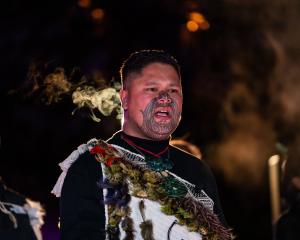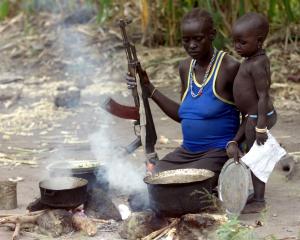
Besides updating the website, designing posters for lecture series, and organising book launches, I was tasked with handling the publicity concerning the first Torch writers in residency—Justin Torres and Sophie Jai. As it happened, I never ended up meeting Justin because the pandemic hit. But I did have the distinct pleasure of meeting Sophie, who travelled to Oxford nonetheless.
In a pandemic-ridden Oxford, with its ghost-quiet streets and empty halls, Sophie finished her debut novel, Wild Fires. Jai, like her protagonist, was born in Trinidad but grew up in Toronto. Wild Fires is her debut novel. I read the novel. In fact, I savoured it, lying in bed each night reading a chapter at a time, marvelling at the crafting of the sentences, admiring the flow of Sophie’s words, the eloquence of her descriptions.

It is hard to articulate the scope of Wild Fires. It is a novel that tackles the intricacies of grief and intergenerational trauma. It navigates the unsettled waters of family secrets, unspoken resentment, the machinations of a matriarchy, and so much more. It is beautifully written, touching, and intriguing.
The central character, Cas, is a complicated yet relatable young woman. After five years of living in England, Cas is suddenly and unexpectedly summoned back to her family home in Toronto. Her cousin Chevy is dead. Upon arriving back home, Cas is confronted with silence, hushed whispers, a sense of secrecy that has imbued the very floorboards of her family home. The family is present — minus Chevy, of course. But also lacking is any sense of explicit solidarity, of recognition of a mutual loss.
I, of course, am well acquainted with grief, especially that which accompanies the death of a much loved family member. I know intimately the awkwardness of silence, of things left unsaid, of the profound inability to confront the realities of a preventable death. I know firsthand the intricacies of unreckoned family histories, of undiscussed choices, of unacknowledged regrets.
There are few similarities between me and Jai’s characters. I am a young Pakeha woman born in New Zealand to a low-middle class Pakeha family. I have never dealt with the stresses of racism or migration. Yet I see much of myself in Jai’s characters and their relations. Perhaps my favourite line in the novel is this: "Grief is like an inside joke: you have to have been there to really get it."
I can trace the scars of heartbreak and grief, seen from both within and outside the family structure; from the perspective of a much loved yet prodigal daughter. And yet there is so much more to learn from this evocative portrayal of Trinidadian-Indian-Canadian culture.
Jai writes beautifully, incorporating into her prose authentic conversations that situate the reader intimately within the bosom of the book’s family. The novel expertly and sensitively deals with the intricate, tangled relationships between sisters, mothers, aunts and nieces.
The setting is exquisitely laid out, with the house becoming a character in its own right. Much happens under this roof, and much more has happened, yet little has been discussed.
Wild Fires is not without its flaws however. Much is kept in the dark, and little is illuminated. There is an unfulfilled urge to fill in many of the story’s gaps, to piece together the ill-fitting pieces of the narrative. Grief dominates at the expense of plot, and sometimes the novel is too painful and protracted to bear.
Written under exceptional circumstances, Wild Fires is a tour de force, a palimpsest of Jai’s personal stories and imaginings, abstracted and patchworked, layered upon family histories and the traumas of migration and assimilation. It is a beautiful and touching novel.
—Jean Balchin, a former English student at the University of Otago, is studying at Oxford University after being awarded a Rhodes Scholarship.











